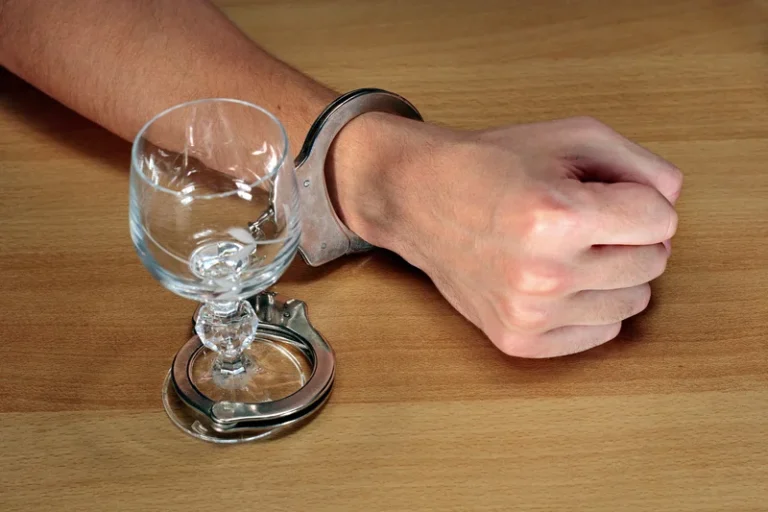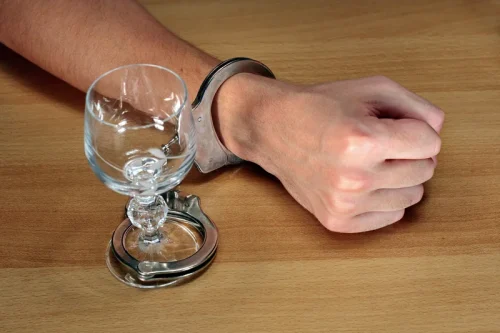
Many people consider themselves “social drinkers” or “occasional drinkers” and enjoy casual drinking, yet wonder whether their drinking habits could be a problem. However, it depends on the person and the amount of alcohol consumed during social drinking experiences. Some people consider themselves social drinkers but drink more than once a week with friends, coworkers, or family. The key difference between occasional drinking and social drinking is the frequency and context in which alcohol is consumed. Occasional drinking is infrequent and not tied to social situations, while social drinking occurs regularly within a social setting.

Social Drinkers vs. Moderate Drinkers

RCA and RCA facilities comply with all applicable Federal and State civil rights laws and does not discriminate on the basis of race, color, national origin, age, disability, ethnicity, gender, gender identity, sexual orientation or sex. The hospitals do not exclude people or treat them differently because of race, color, national origin, age, disability, ethnicity, gender, gender identity, sexual orientation or sex. Avenues Recovery is a community-based drug and alcohol rehabilitation center with locations across the United States. Take our short alcohol quiz to learn where you fall on the drinking spectrum and if you might benefit from quitting or cutting back on alcohol. A sudden change in life, such as a divorce, death, or job loss, can lead to excessive stress. A treatment center will attempt to verify your health insurance benefits and/or necessary authorizations on your behalf.
- Our findings are contrary to what would be expected based on the widely held dual-process theory of moral cognition 25, 28.
- Personally, everyone can come up with many reasons why he or she is drinking, which makes a scientific understanding of the reasons difficult.
- Just like some can look at alcohol as a reward, they can also look at it as an emotional fire extinguisher.
- The alcohol research literature is overwhelmingly focused on risk factors, from the societal level down to the individual.
- Economic costs attributed to excessive alcohol consumption are considerable.
Heavy drinking sessions
Some mental health issues like anxiety and depression can lead to alcoholism. People may use alcohol as a way to numb their social drinking and drinking problem emotions or escape from mental health symptoms. No one intends to develop an alcohol dependency, but it can happen easier than you may think.
What is a Social Drinker?

This suggests that future studies and public health interventions should focus not only on racial and gender discrimination, but also sexual orientation and gender identification. Increased use of social media for alcohol marketing has paralleled changes in communication methods among adolescents and college-age youth (Hoffman et al. 2014). Marketing techniques for a wide range of products reflect studies that online platforms are likely to influence adolescent behaviors (Cook et al. 2013).

Signs Your “Social Drinking” May Actually Be Alcoholism

These factors can result in the onset of drinking and binge drinking, and in increased alcohol consumption (Tanski et al. 2015). Alcohol use and misuse account for 3.3 million deaths every year, or 6 percent of all deaths worldwide. The harmful effects of alcohol misuse are far reaching and range from individual health risks, morbidity, and mortality to consequences for family, friends, and the larger society. This article reviews a few of the cultural and social influences on alcohol use and places individual alcohol use within the contexts and environments where people live and interact. It includes a discussion of macrolevel factors, such as advertising and marketing, immigration and discrimination factors, and how neighborhoods, families, and peers influence alcohol use. Specifically, the article describes how social and cultural contexts influence alcohol use/misuse and then explores future directions for alcohol research.
Some people may start as social drinkers, but their habits may evolve into those of problem drinkers. The transition may be evident when someone starts to spend a lot of time drinking alone instead of doing so to socialize with other people. You should be aware that problem drinking is a broader term that may include alcoholism. However, if you engage in social drinking multiple times a week, this can give way to increased tolerance and https://ecosoberhouse.com/ a desire to drink more.
Expenditures on alcohol and alcohol consumption by income
Dr Biju KS, a senior medical officer at Vieroots Wellness Solutions, agrees. He says that Indians are more prone to developing diabetes, metabolic disorders and cardiac issues than many other races. Rehabs UK expert Treatment Advisors are able to help individuals to understand and identify any signs of addiction. One study in the US found that people who spent more than 6 hours per day on screen had a higher odds ratio of developing moderate or severe depression than those who spent 4 to 6 hours per day.